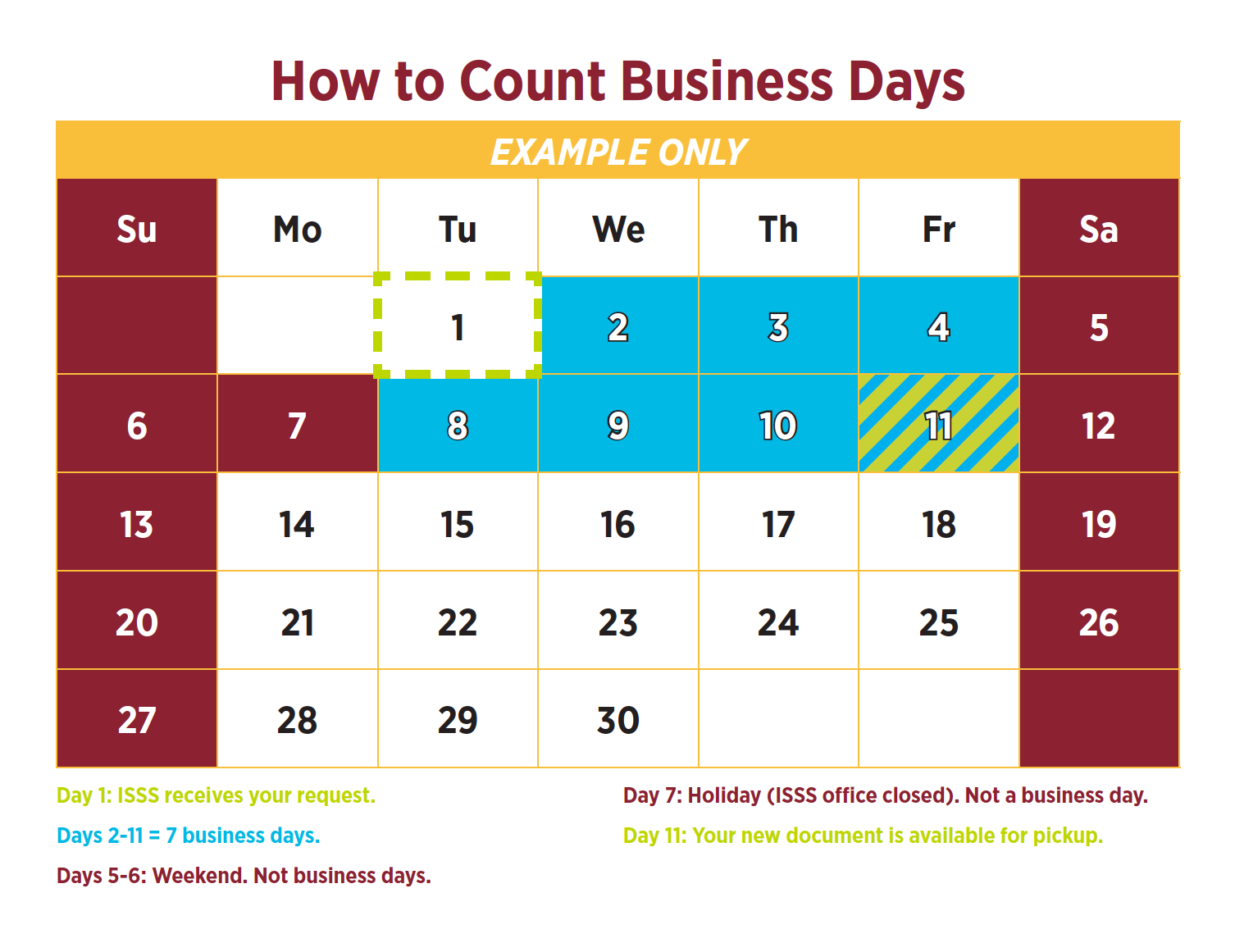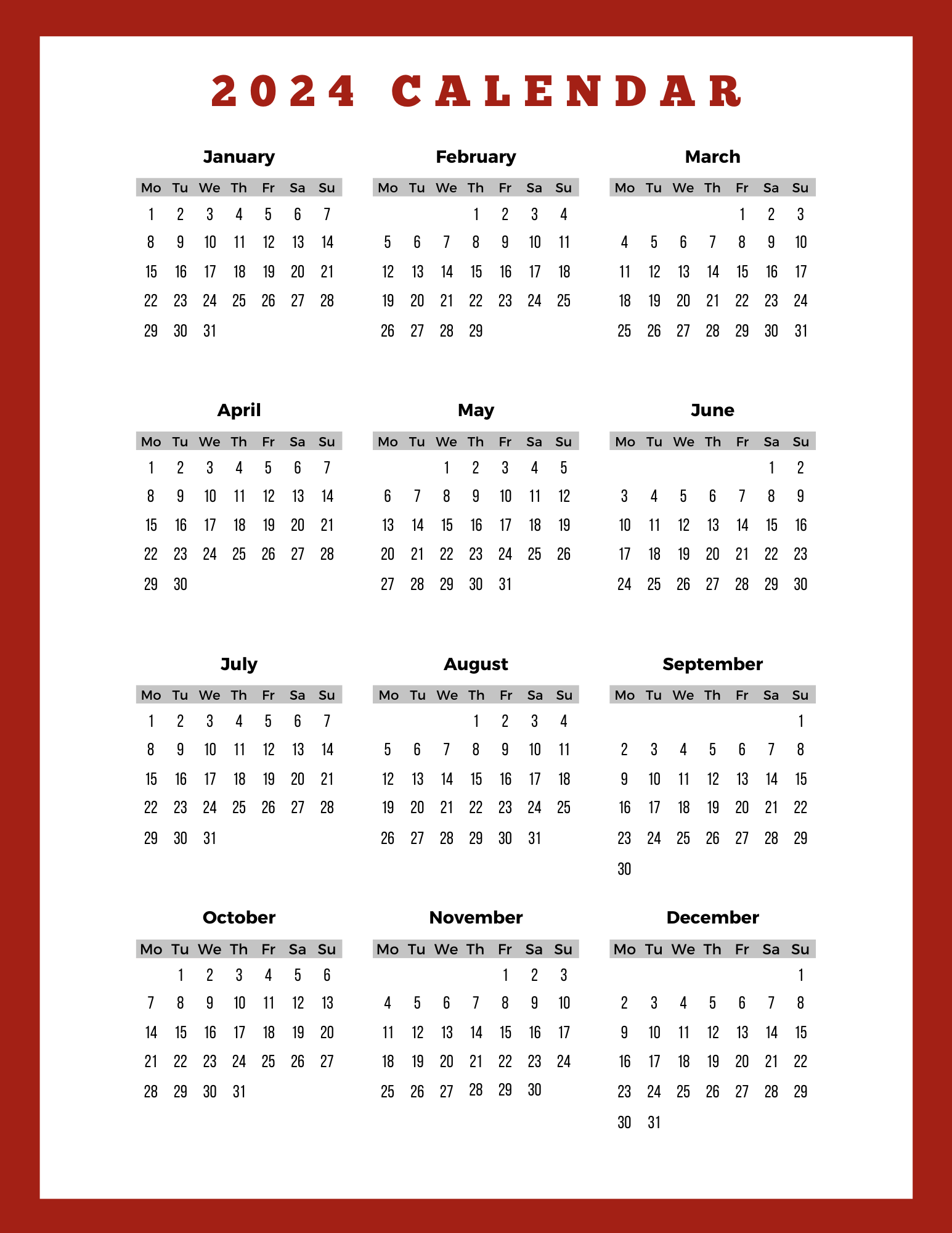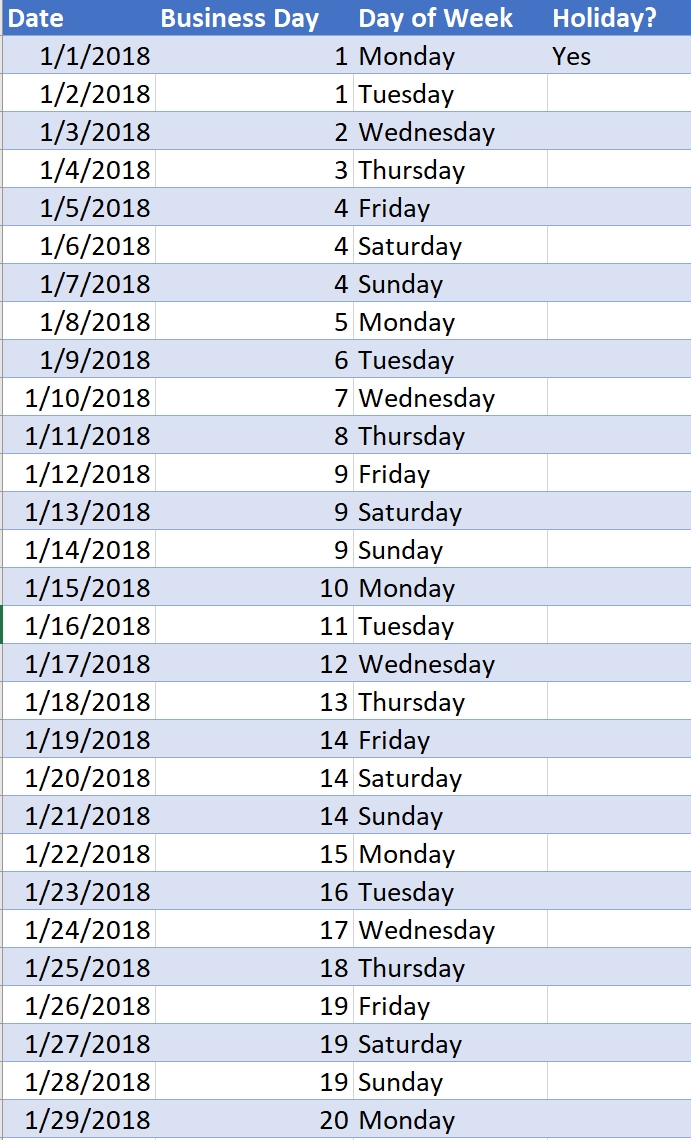The Nice Divide: Understanding the Distinction Between Calendar Days and Enterprise Days
Associated Articles: The Nice Divide: Understanding the Distinction Between Calendar Days and Enterprise Days
Introduction
With enthusiasm, let’s navigate by the intriguing matter associated to The Nice Divide: Understanding the Distinction Between Calendar Days and Enterprise Days. Let’s weave fascinating data and provide contemporary views to the readers.
Desk of Content material
The Nice Divide: Understanding the Distinction Between Calendar Days and Enterprise Days

Within the realm of scheduling, planning, and mission administration, the seemingly easy ideas of "calendar days" and "enterprise days" usually turn out to be sources of confusion and, if not correctly understood, pricey errors. Whereas each discuss with models of time, their distinctions are essential for correct estimations, efficient communication, and the avoidance of misunderstandings in each private {and professional} contexts. This text delves deep into the variations between calendar days and enterprise days, exploring their definitions, sensible functions, and the potential pitfalls of conflating the 2.
Defining the Phrases: Calendar Days vs. Enterprise Days
At their core, the distinction lies within the inclusion or exclusion of weekends and holidays.
-
Calendar Days: These embody all days in a given interval, together with Saturdays, Sundays, and public holidays. A calendar day is just a 24-hour interval ranging from midnight to the next midnight. It is a easy, universally understood measure of time, used for monitoring occasions, appointments, and durations no matter working schedules. As an example, a 30-calendar-day deadline means the duty should be accomplished inside 30 consecutive days, no matter whether or not they fall on weekdays or weekends.
-
Enterprise Days: These signify the times of the week throughout which companies usually function. Typically, this excludes Saturdays, Sundays, and public holidays. The precise definition can differ relying on the area, trade, and even particular person firm insurance policies. Whereas a typical five-day work week (Monday to Friday) is prevalent, some companies may function on a six-day week, excluding solely Sundays, or have distinctive schedules influenced by their particular trade or operational wants. A 30-business-day deadline means the duty wants completion inside 30 working days, excluding weekends and public holidays.
Sensible Implications and Examples:
The selection between calendar days and enterprise days considerably impacts varied points of mission planning, contract agreements, and each day scheduling. Take into account these examples:
-
Mission Deadlines: A mission supervisor estimating completion time wants to obviously specify whether or not the deadline is in calendar days or enterprise days. If a mission requires 10 days of labor and the deadline is expressed in calendar days, the workforce may want to start out earlier to accommodate weekends. If expressed in enterprise days, the workforce can focus solely on the working days. Misunderstanding this will result in missed deadlines and mission delays.
-
Contract Negotiations: Authorized contracts usually specify deadlines in enterprise days to keep away from ambiguities. That is notably essential in conditions involving fee phrases, supply schedules, or response occasions. Utilizing enterprise days ensures that each events perceive the timeframe throughout the context of typical working schedules. Ambiguity can result in disputes and authorized problems.
-
Go away Purposes: When making use of for depart, the excellence is crucial. A request for 5 calendar days of depart will embody weekends, whereas a request for 5 enterprise days will solely cowl weekdays. This impacts the entire time without work and the association of labor protection.
-
Curiosity Calculations: Monetary establishments usually use calendar days for calculating curiosity accrued on loans or investments. This gives a constant and standardized calculation whatever the day of the week or holidays.
-
Software program Growth: In software program improvement, dash cycles are sometimes measured in calendar days or iterations (which often align with enterprise days). Understanding the distinction is essential for correct estimations of improvement time and useful resource allocation.
The Significance of Readability and Specificity:
The anomaly that arises from failing to specify whether or not a timeframe is in calendar days or enterprise days can have severe repercussions. That is notably true in:
-
Worldwide Enterprise: Completely different international locations have completely different public holidays and weekend conventions. Subsequently, explicitly stating whether or not the timeframe refers to calendar days or enterprise days, and even specifying the related area’s vacation calendar, is paramount to keep away from confusion and disputes.
-
Complicated Tasks: Massive-scale tasks usually contain a number of groups and stakeholders, every with probably completely different interpretations of "days." Clear communication and constant use of terminology are essential to forestall delays and misunderstandings.
-
Authorized Agreements: Ambiguity in authorized paperwork can result in pricey litigation. Exactly defining the timeframe in calendar or enterprise days, together with a transparent definition of "enterprise days" for the particular context, minimizes the danger of authorized disputes.
Calculating the Conversion:
Changing between calendar days and enterprise days requires contemplating the variety of weekends and holidays throughout the given interval. Whereas easy for shorter intervals, extra complicated calculations may necessitate utilizing specialised software program or on-line calculators for correct conversions, particularly when coping with various vacation schedules throughout completely different areas.
Finest Practices for Avoiding Confusion:
-
At all times specify: Clearly state whether or not a timeframe is in calendar days or enterprise days to eradicate any potential ambiguity.
-
Outline "enterprise days": If utilizing "enterprise days," explicitly outline which days are included and excluded (e.g., Monday to Friday, excluding particular holidays).
-
Use constant terminology: Preserve consistency all through all communications and documentation.
-
Make the most of calendars and scheduling instruments: Leverage calendar software program or mission administration instruments that permit for the excellence between calendar and enterprise days to help in correct planning and monitoring.
-
Seek the advice of authorized professionals: For legally binding agreements, search recommendation from authorized professionals to make sure the suitable and unambiguous use of terminology.
Conclusion:
The distinction between calendar days and enterprise days is way from trivial. It is a important distinction with important implications for varied points {of professional} and private life. By understanding the nuances of every time period and using clear, constant communication, people and organizations can keep away from pricey errors, misunderstandings, and potential authorized problems. The important thing takeaway is the significance of unambiguous communication and the cautious consideration of which timeframe is most acceptable for the particular context. Failing to take action can result in mission delays, contract disputes, and a normal lack of effectivity. Subsequently, all the time prioritize readability and specificity when coping with time-sensitive issues.





![]()


Closure
Thus, we hope this text has offered priceless insights into The Nice Divide: Understanding the Distinction Between Calendar Days and Enterprise Days. We hope you discover this text informative and helpful. See you in our subsequent article!